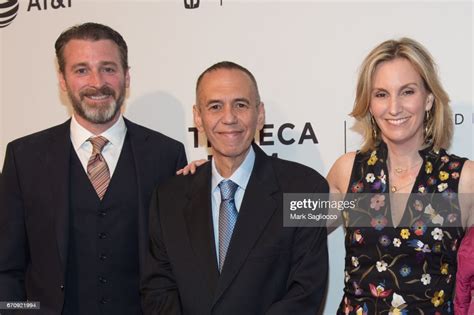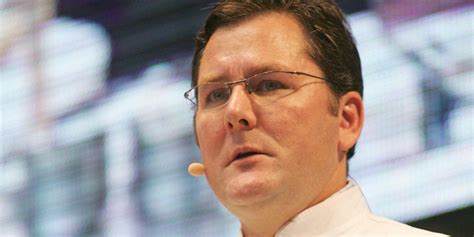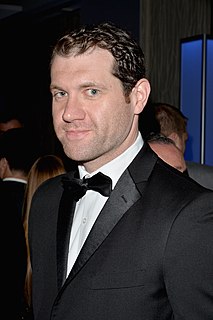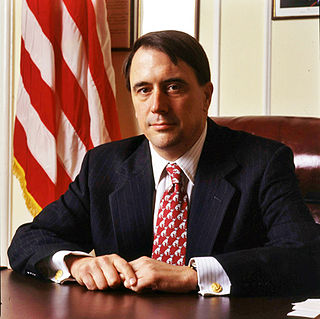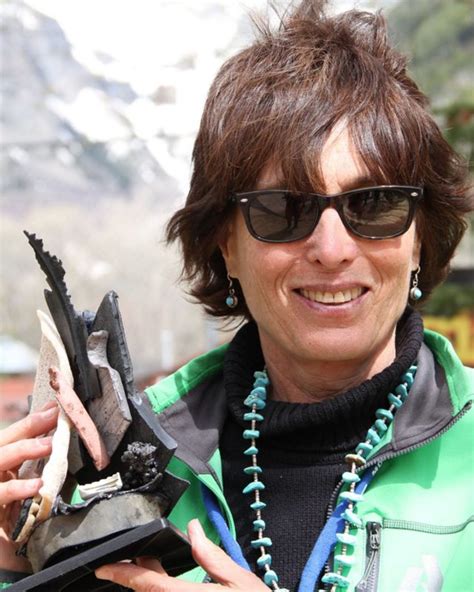A Quote by Neil Berkeley
Things are going to happen whether you are there or not, you still need someone to push the button on the camera and get it and know it's going to work of the story.
Related Quotes
You usually get one or the other, you get someone who knows how to tell a story but they don't necessarily know about light and camera and rhythm, or you get someone who can make beautiful images but they can't necessarily tell a great story. He does both and I think he's going to be one of the film-makers that our time is remembered for.
It's a long story. Want a refill?" "No, let's start the steak. Where's the button?" "Right here." "Well, push it." "Me? You offered to cook." "Ben Caxton, I will lie here and starve before I will get up to push a button six inches from your finger" "As you wish." He pressed the button. "But don't forget who cooked dinner.
Usually, you get a script and you have the whole story. All the acts are there, for a play. You know what happens in the first, second and third acts, and you know how it starts, where you go and where it finishes. [With American Horror Story: Asylum], it's a whole new experience. I don't know where it's going, and I don't know what's going to happen next. It's been an interesting way to work. It's made me work in a much more fluid, braver way, just taking every chance that comes along.
It's crazy. I don't know how I'm not dead. People think I'm going to get punched in the face: "Something terrible is going to happen to you. You're going to get killed." That's not what's going to kill me. The show is going to kill me. The work is going to kill me. Once I'm on the street, I'm not worried about that.
The last thing I want to do is having someone get behind a Montgomery Clift biopic, and then just do the first script that came out. Sometimes it takes a long time for these things to gestate. And I'm only going to do it if it's the right story that's told for the right reason, and that's relevant to this day and age, as much as it pays homage to who this man was. Should that happen during the time when I'm still young enough to play him, perfect. And if not, hopefully someone else will get to play him because I do think it's an incredible story.
Why don't we all just go crazy when we know were going to croak? Because the mind's a monkey. You put things in departments and you go ahead. You go on and plan for the future and assume that the future's going to work out okay. Yet we know that sooner or later we're all going to be eating worms, whether it's fifty years or sixty. It might be tomorrow. It might happen today.
When I left Africa in 1966 it seemed to me to be a place that was developing, going in a particular direction, and I don't think that is the case now. And it's a place where people still kid themselves - you know, in a few years this will happen or that will happen. Well, it's not going to happen. It's never going to happen.
If you have to become a filmmaker, find a story that takes you away, and tell that story. Don't think about whether it's going to sell, or whether it's going to make money, or whether it's going to appeal to distributors. Do something from the heart that really matters, and then you'll do something good.
And it's best if you know a good thing is going to happen, like an eclipse or getting a microscope for Christmas. And it's bad if you know a bad thing is going to happen, like having a filling or going to France. But I think it is worst if you don't know whether it is a good thing or a bad thing which is going to happen.
There are certain things in the scripts that need to be planned: you know, big stunt sequences, battle sequences... you can't improvise that stuff. You can improvise when there's just two of you standing in a kitchen and the most dramatic thing that's going to happen is someone's going to open the fridge.
